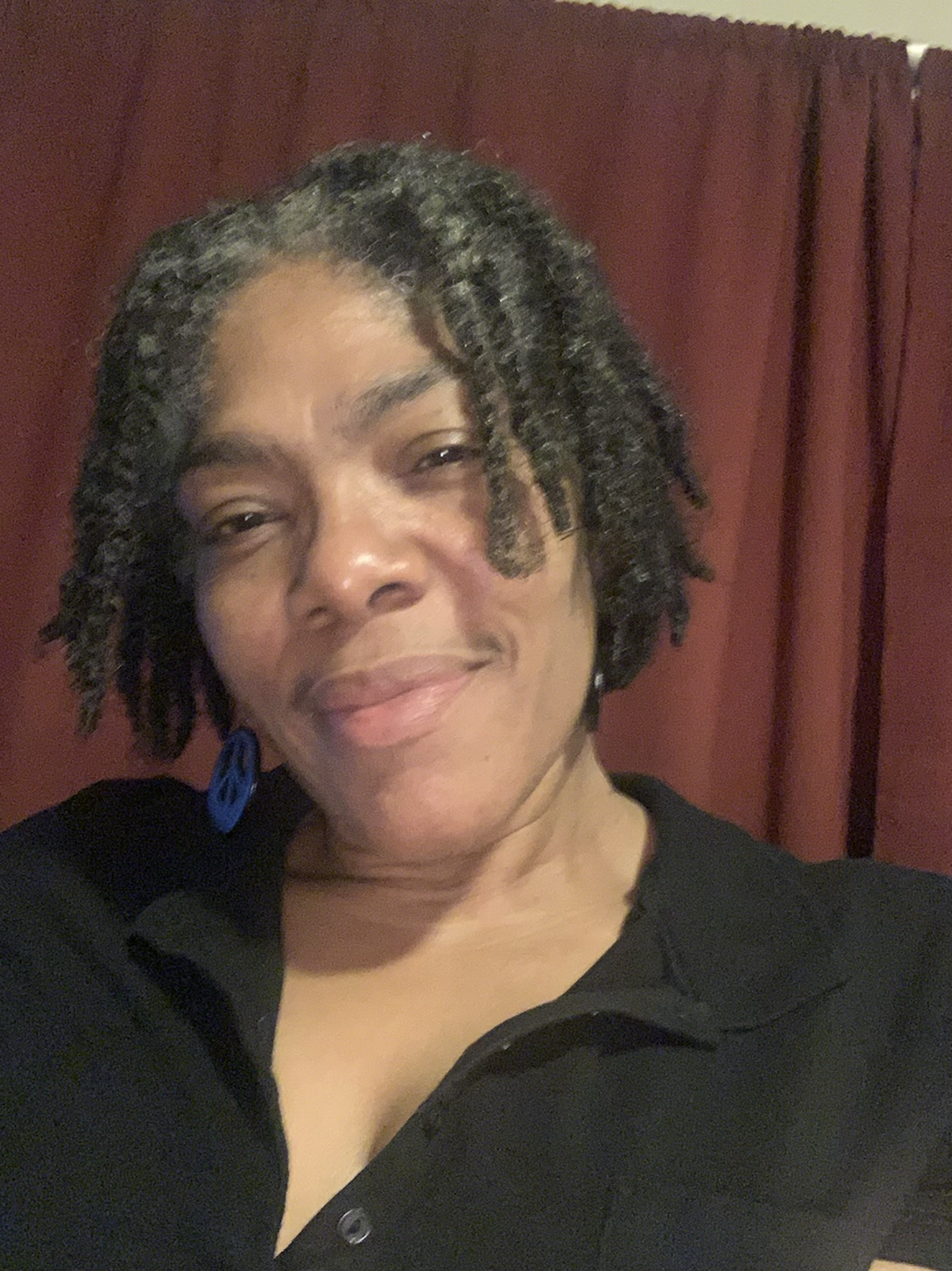Keyboard Activism: A Gained Perspective
- Elizabeth F. Thomas

- Jul 16, 2021
- 4 min read

It seems to me that every day, I see another jarring headline describing an instance of social injustice somewhere in the world that is so heinous, yet hits so close to home that it rocks me to my very core. Impassioned, filled with righteous indignation, I feel called to battle. I want to effect change. Now. But how? I know I am not the only one feeling the urge to take action, to speak out against wrongs being levied against fellow human beings. So where is everybody?
Proponents of social equity want change, so where is this change? I scroll down the page to the comment sections underneath these stories of injustice, expecting to find like-minded individuals also looking for a way to make a difference. I found many people voicing their thoughts, loudly and vociferously.
Most of these people have been labelled social justice warriors, or SJWs for short. I saw much passion, but little change. Why? Because how we achieve that change is the pivotal question.
Tia Osborne’s Why I’m Not A Social Justice Warrior (2019) and Rod T. Faulkner’s Newsflash: ‘Social Justice Warrior’ Is Not A Pejorative (2020) both offer differing perspectives on what these kinds of social media advocates have yielded in the name of progress within the larger civil rights movement that, no matter what side you find yourself on, we are all experiencing together as a nation.
Ms. Osborne gives us the female perspective. Her article, written as an essay, is well developed and thought provoking. Mr. Faulkner’s piece reads more like a blog, and fits his confident, masculine, no holds barred style. Both writers are admirable advocates for equality, but they have very different views on how this equality may be achieved. In fact, they have differing definitions of the title, Social Justice Warrior.
Tolerance and compassion are active, not passive states, borne of the capacity to listen, observe, and to respect others. ~Indira Gandhi
Artwork from artist, Dallas Lewis. See more at https://www.instagram.com/krossfit_anima7/ In Ms. Osborne’s view, an SJW is “a person who is willfully trying to make a difference, but they are going about it in the worst possible way.” She goes on to explain that inflammatory tweets and outraged hashtags remain simply symbolic, if they lack research, problem-solving strategies, or positive plans of action to back them up. She explains that for this reason, SJWs come off as self-righteous, then view resistance to their callouts as resistance to societal change, thus opening themselves to insult and derision. Mr. Faulkner’s definition of an SMJ is quite different. He breaks it down by citing the definitions of the words social justice and warrior. Then he uses the meaning of both terms to give us his personal definition. Social justice warrior: an individual fighting for all people to be treated fairly and equally. He then expresses his confusion as to why, if one only does simple research on the meaning, this term could never be used as an insult. Both writers agree that there are systemic problems within our society as a whole, which have rightfully induced anger in its individuals. Mr. Faulkner points out that, in a society in which being a person with melanin-rich skin can cost you your life, anger should be an expected outcome. He therefore makes no apologies for being a social justice warrior. Ms. Osborne agrees that SJWs have the right to be angry, but she feels that their energy is misdirected. Instead of tearing down an unjust system, she maintains, they are blocking healthy, productive conversation, and rendering the civil rights movement ineffective.
Enamored Crafts and Events | Lead Designer, June Brown | 214 929-4377
Transforming the ordinary into extraordinary
Personally, I feel blessed to have read the opinions of both of these fine, young writers. I have gained some new insights of my own. I can’t call this a paradigm shift, because I already counted myself an activist in the fight for social equality. However, Mr. Faulkner’s views rekindled a fire in me, reminding me of the need for justice and the urgency it mandates. This evoked recollections for me of a time when I still believed my strong and decisive actions could bring about positive change in the world. Then, while filled with that righteous fire, Ms. Osborne’s words caused me to reevaluate my activism.
Had I been whining for too long about the systemic mess and who made it, when I should have been taking action to help clean it up? Perhaps so. I was reminded to temper my fire with reason, so that I might take a critical look at our society, with all of its perfect imperfections, and back my passion with positive action.

Shannan Shrode is a native Texan with deep roots in East Texas. She is a writer and former educator, as well as a social justice change agent. Ms. Shrode has contributed to Visions from the Heart, a volume of poetry by Elizabeth Thomas. She has also penned several children's stories.






















Comments